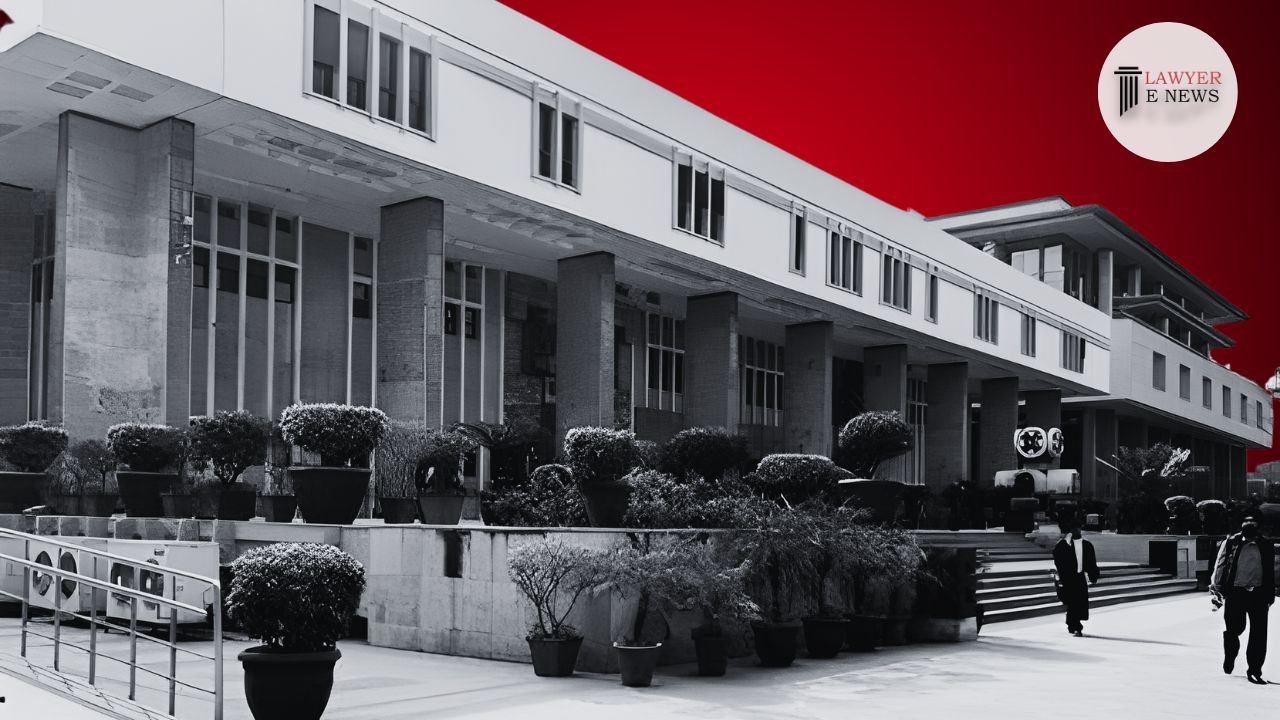-
by Admin
15 February 2026 5:35 AM



In a significant ruling, the Hon’ble High Court delivered its judgment in an appeal filed by a worker alleging a violation of Sections 25F, 25G, and 25H of the Industrial Disputes Act, 1947. The appellant sought relief under the provisions of the Act, claiming that she was entitled to reinstatement based on her continuous service and retrenchment issues. However, the High Court upheld the decision of the Labour Court and dismissed the appeal.
”The question of violation of Section 25F of the ID Act does not arise, as the worker failed to prove that she had worked for 240 days in a calendar year. Similarly, there is no violation of Sections 25G & H of the ID Act as it was not a case of retrenchment of a worker.”* (Para 65 to 66)
The Court emphasized that the appellant was a muster roll employee who had been paid wages as a daily wager due to administrative exigencies. Therefore, Sections 25G & 25H of the Act were not applicable, and the worker was not entitled to reinstatement.
”The present case is an open & shut case, wherein a workman who had not put in 240 days of service in a calendar year and who woke up from slumber after four years of discontinuance, is trying to challenge the Award passed by the Labour Court as well as the judgment passed by the learned Single Judge.” (Para 66)
The Court further clarified that High Courts should not interfere with the findings of jurisdictional facts, as the Labour Court is competent to decide such matters. The judgment referred to several precedents, including the Supreme Court’s ruling in “Sadhu Ram Vs. Delhi Transport Corporation,” emphasizing that the High Court’s jurisdiction in such matters is limited.
”The supervisory jurisdiction of the High Courts under Article 227 of the Constitution is limited ‘to seeing that an inferior court or tribunal functions within the limits of its authority,’ and not to correct an error apparent on the face of the record, much less an error of law.” (Para 77)
The Court also discussed the scope of issuing a writ of certiorari, stating that the High Court can correct an error of law apparent on the face of the record but not an error of fact. It highlighted the importance of establishing that an error of law is manifest and cannot be based on mere inadequacy of evidence.
”Where two views are possible and the trial court has taken one view which is a possible and plausible view, merely because another view is attractive, the High Court should not interfere and would be in error in interfering with the finding of the trial court or interfering under Article 227 of the Constitution over such a decision.”*(Para 78)
The Court upheld the principles established in previous judgments and affirmed the High Court’s limited scope in interfering with factual findings of the Labour Court.
Date of Decision: 20.07.2023
SANTOSH DEVI vs GURU TEG BAHADUR HOSPITAL SHAHDARA DELHI
